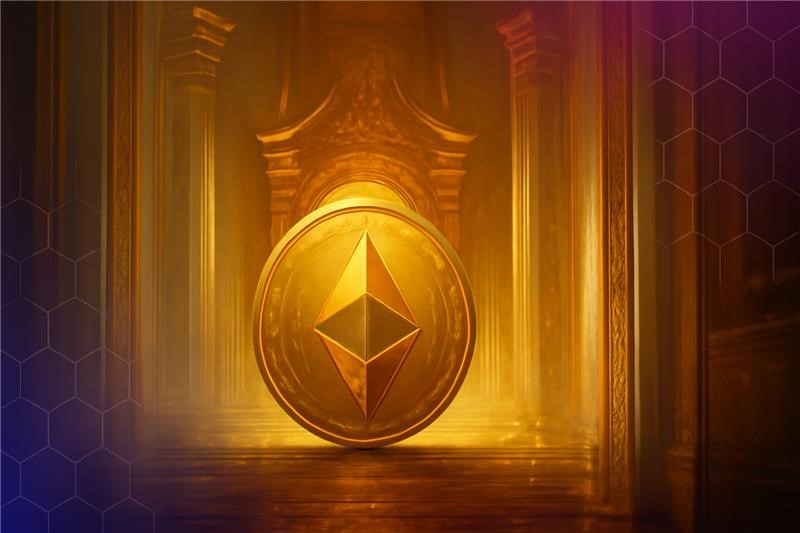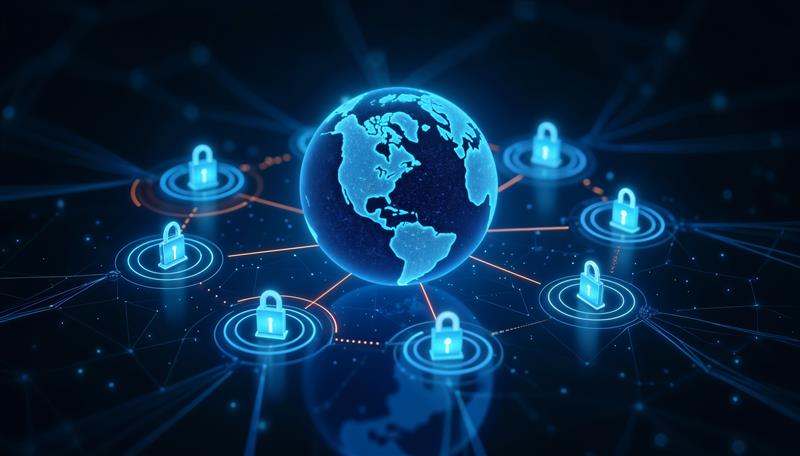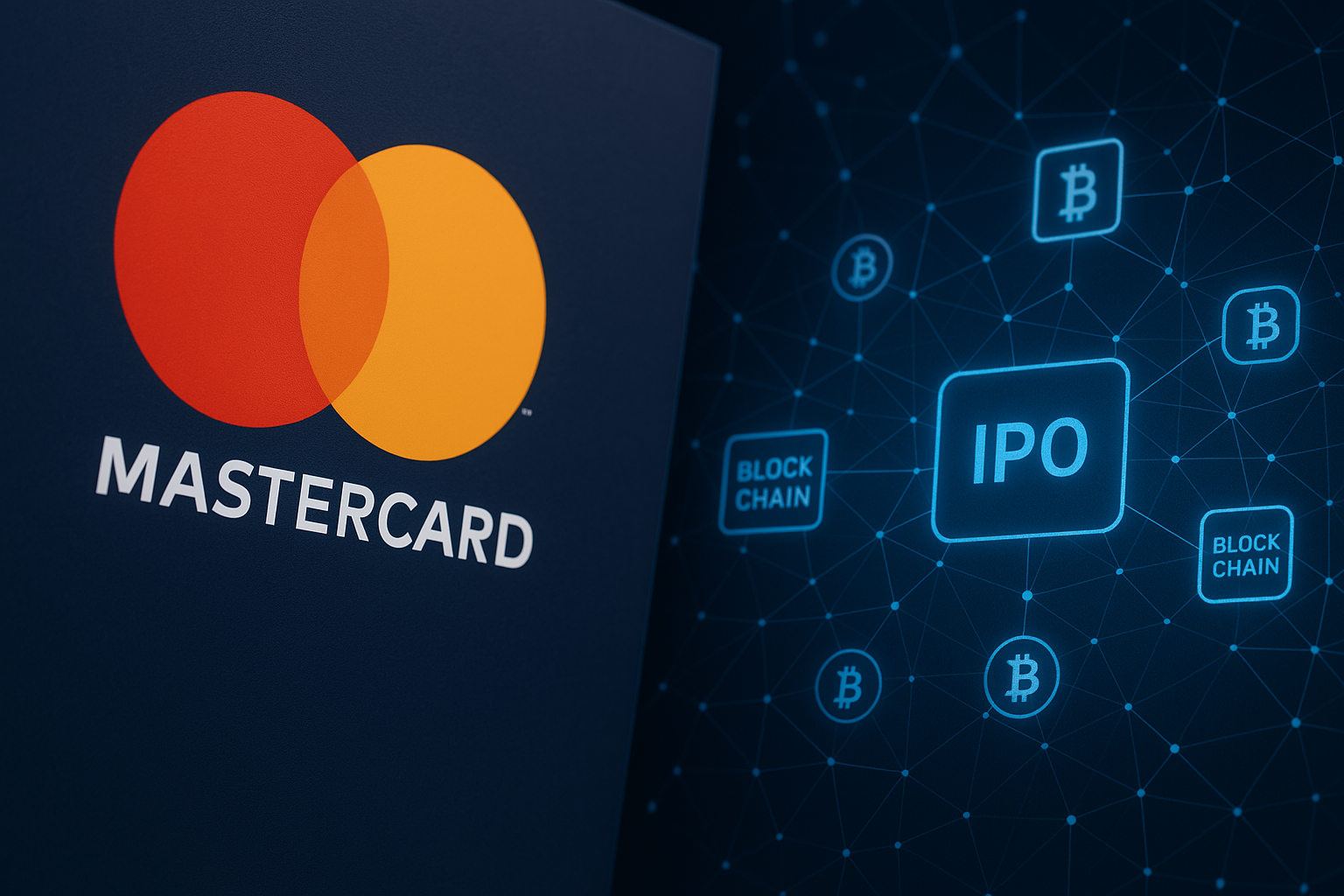FIFA Collect to Migrate to Proprietary Blockchain Starting May 20
FIFA is preparing to transition its digital collectibles platform, FIFA Collect, to a proprietary EVM-compatible blockchain beginning no earlier than May 20. The move will shift the platform away from Algorand-based infrastructure in favor of a more scalable, feature-ready environment designed for ecosystem expansion.
According to the official migration notice, assets purchased on-platform will be migrated automatically—except for those exported to third-party wallets. Users who moved NFTs off-platform are required to reimport them prior to migration to retain full asset continuity.
EVM Integration, Wallet Realignment
With the new FIFA Blockchain embracing EVM standards, Algorand wallets such as Pera and Defly will no longer be supported. Instead, users must switch to MetaMask or other WalletConnect-compatible wallets for access and functionality post-migration.
FIFA confirmed that:
- USDC balances will remain withdrawable, but won’t be usable for purchases post-move.
- NFTs already listed will remain live unless manually delisted.
- Migration will involve no user fees and a planned 12-hour downtime during implementation.
This marks a deliberate shift toward standardized infrastructure, enabling broader interoperability with DeFi platforms, NFT marketplaces, and future product integrations.
Strategic Expansion: From Collectibles to Full Ecosystem
This upgrade reflects FIFA’s deeper blockchain ambitions. The 2024 announcement of FIFA Rivals, a mobile blockchain game built by Mythical Games, was the first signal of a multi-pronged strategy. The title will operate on Mythos, a Polkadot-based blockchain optimized for digital ownership and in-game trading.
With NFT-backed assets, real-time gameplay, and global team management, FIFA Rivals builds on the momentum of NFL Rivals and earlier projects like Blankos Block Party—both of which demonstrated how blockchain can drive engagement at scale.
Positioning for Long-Term Digital Ownership
By launching its own blockchain, FIFA joins a growing cohort of major IP holders establishing control over infrastructure, wallets, and smart contract design. This puts FIFA in a position to dictate the terms of its digital economy—from royalties to data flows—rather than relying on third-party chains with fixed parameters.
For collectors and gamers alike, the shift opens up new possibilities for digital ownership, cross-platform compatibility, and expanded use cases across the FIFA ecosystem.
The migration of FIFA Collect may be just the beginning—a strategic foundation for future metaverse experiences, token-based engagement, and a broader transformation of how fans interact with the world’s most popular sport.



